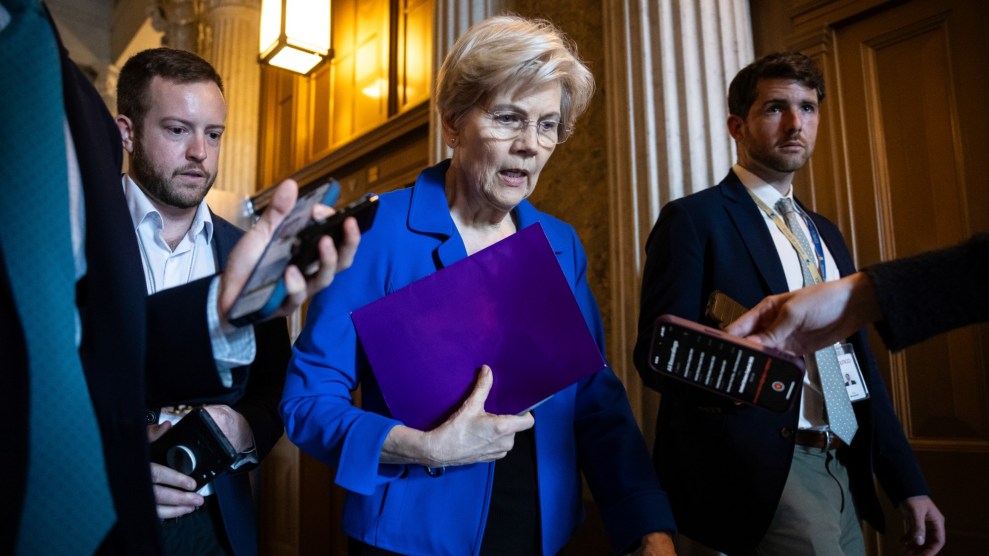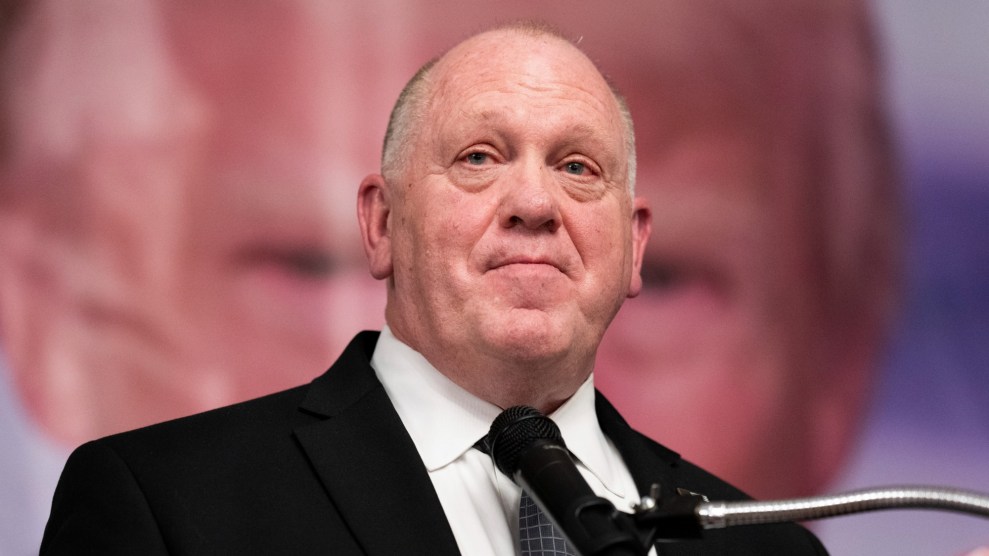Ronald Brownstein has a piece in the Los Angeles Times today noting that “[some] prominent legal thinkers from left and right” want to end life tenure for Supreme Court justices. Each time I hear this suggestion, it sounds an awful lot like a solution in dire search of an actual problem, but since it keeps popping up, let’s take a look:
Fewer vacancies mean more conflict over those that occur because neither side can be certain when it will receive another chance to change the court.
Longer tenure also raises the stakes in each confirmation by multiplying the effect of each nominee. The common assumption during the recent confirmation debate over new Chief Justice John G. Roberts Jr. was that he would serve at least 30 years.
I’m not so sure it’s a great idea, although admittedly it’s all a bunch of guesswork trying to predict what would happen. The way I see it, giving Supreme Court justices, say, fixed 18 year terms (which would mean that each president is guaranteed two nominees per four-year term) would lead to a lot more instability in law, as a two-term president could completely remake the Court. Moreover, since the justices would be serving for a shorter period of time, the Senate would have less incentive to oppose overly-radical nominees, meaning that we’d potentially see greater ideological polarization, and hence greater swings left and right. (There would also be the sense that the president “earned” his two picks by winning his/her election, and thus should get greater deference… basically, I see a lot less “advise and consent” under this system.) Preferences aside, continual instability of this sort doesn’t really benefit anyone.
Is it “fairer” to give each president two guaranteed picks to the Court? Maybe, but then you start getting into problems like the fact that people vote for president for lots of reasons, often with the Supreme Court far from mind. Now perhaps if every president was guaranteed two picks, each presidential election would become “about” those two potential nominees to a much greater extent. Good or bad? I don’t know. It might lead to a greater degree of cronyism, and could lead to those two judicial nominees showing undue deference to the president who appointed them (since their fortunes were more directly tied to the president’s). Now I’m not absolutely convinced that the Supreme Court should be “insulated” from the democratic process, as it currently is, but some of this makes me nervous.
Perhaps even more seriously, I’m not thrilled with the idea of having a bunch of justices who have to worry about what they’ll do after they step down from the Court. The revolving door between Congress and K Street—where legislators retire and pick up some plum lobbying job—has produced more corruption and impropriety than is really healthy among the legislature, and I there’s no reason to believe that a high court operating in a similar manner would avoid producing its share of Billy Tauzins.
Ultimately, if we wanted to end life tenure for Supreme Court Justices, it would have to be done through constitutional amendment. If the experiment goes badly, it’s very unlikely that we can have a do-over. Which brings us to the key question: Why are we itching for a change, anyhow? Granted, there might well be a few problems with the current system—perhaps life tenure can lead to senile Justices on the Court—but that hardly merits a radical overhaul.















